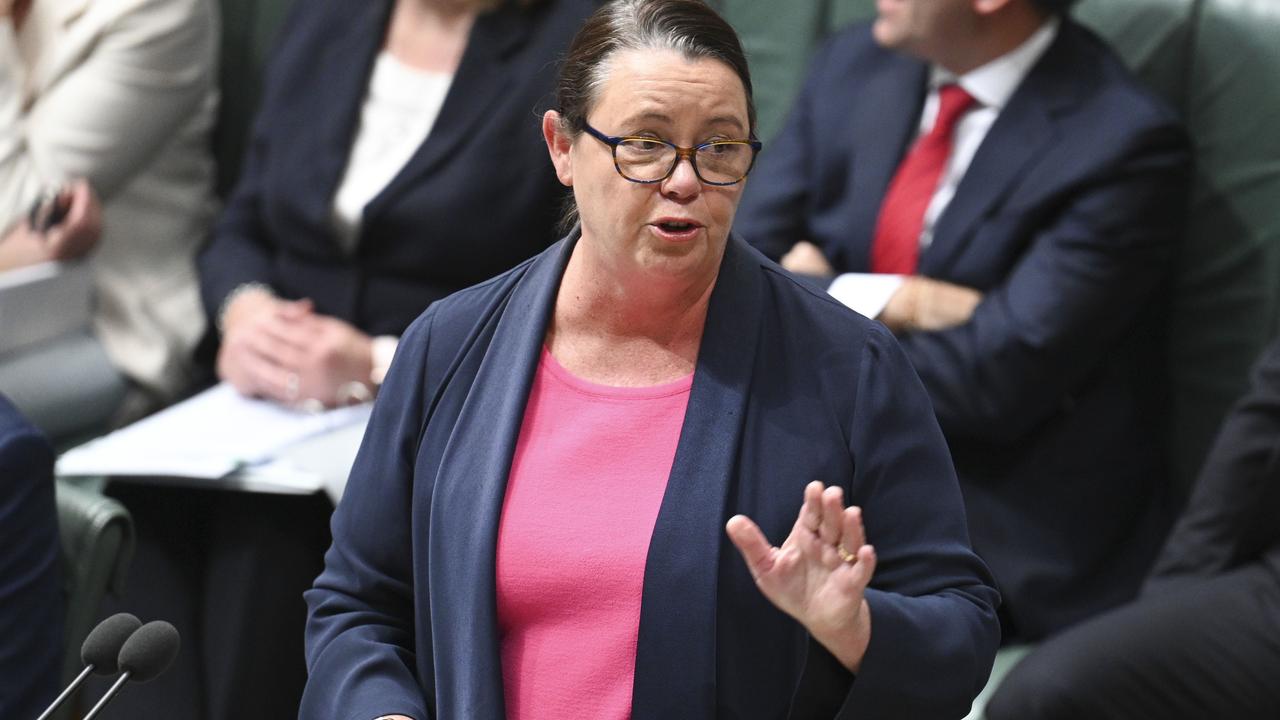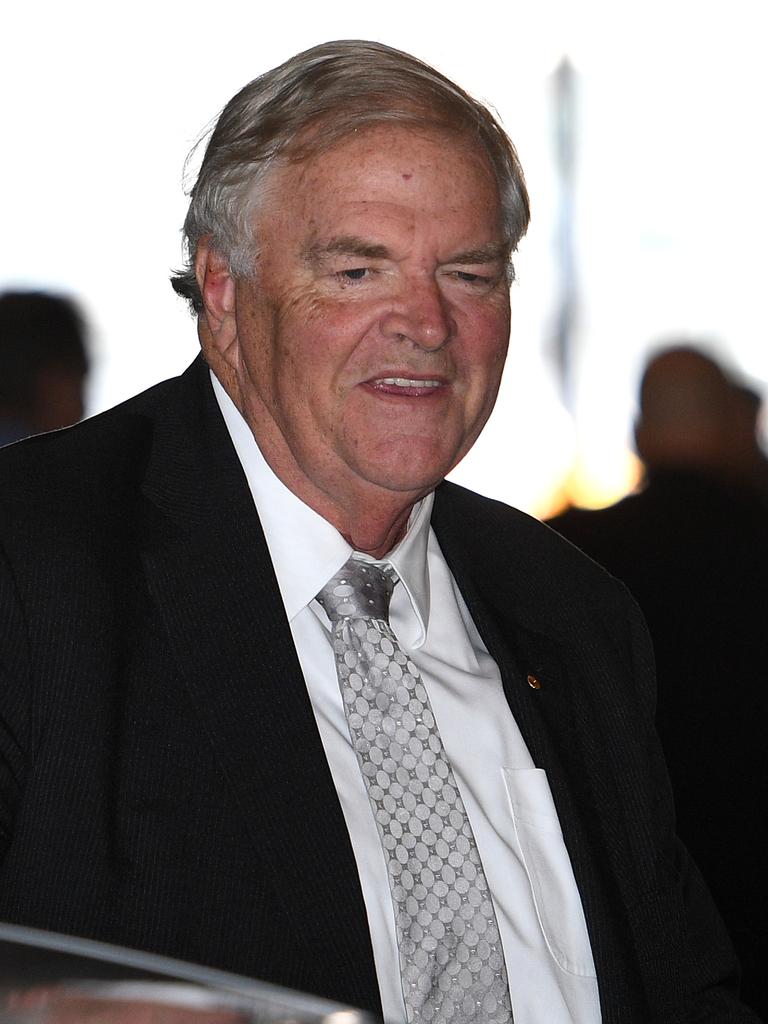Government’s green streak behind bill delay, says opposition
The delay of legislation that environmental groups had feared would make it easier for oil and gas companies to progress their projects and a push by veteran Labor figures including former leader Kim Beazley for the government to block Woodside Energy’s proposed extension of its largest liquefied natural gas plant show the growing influence of the green movement on the Albanese government, the opposition says.
The government’s Petroleum and Greenhouse Gas Storage Legislation Amendment (Safety and Other Measures) Bill had been due to go to the Senate this week, but will now not be considered until parliament resumes after the Easter break.
The bill had been criticised by environmentalists, who feared it would reduce the regulatory burden on the oil and gas industry.
The Coalition had planned to support the bill, and opposition resources spokeswoman Susan McDonald told The Australian the delay showed that Resources Minister Madeleine King was outnumbered by colleagues opposed to her “sensible” regulation of the industry. “It shows what I have always suspected, that there is massive division in that cabinet,” Senator McDonald said.
“This has demonstrated very publicly the level of influence and control that LEAN, the Labor Environmental Action Network, and the Greens have in the Labor cabinet room.”
Ms King said in a statement that the delay was the result of the “significant agenda” the government had to get through the Senate. “We are not prepared to risk further procedural disruption to the Senate,” she said. “The government is committed to passing the bill as soon as is practicable.”
The delay to the legislation comes amid increased lobbying by a group of prominent Australians – including senior party figures Mr Beazley, former WA Labor premiers Carmen Lawrence and Peter Dowding, and former federal Labor ministers Barry Jones and Melissa Parke – urging Environment Minister Tanya Plibersek to reject Woodside’s plan to extend the life of its North West Shelf LNG plant out to 2070.
A letter signed by the Labor figures and several other prominent Australians argued that extending the life of the LNG plant would wipe out much of the gains from the government’s climate policy and could cause damage to the more than one million pieces of Indigenous rock art in the surrounding area known as the Burrup Peninsula, or Murujuga.
Ms King said while the federal government was committed to protecting the Murujuga cultural landscape, gas was an important energy source both in Australia and for our trading partners.
“As the state and federal energy ministers have both made very clear, gas will be vital to support increased penetration of renewable energy as our energy mix is transformed,” she said.
“Western Australian gas will also be key to Japan and Korea’s decarbonisation pathways.”
A Woodside spokeswoman defended the company’s handling of cultural heritage, noting the company was supporting work by the Murujuga Aboriginal Corporation and WA’s Department of Water and Environmental Regulation to monitor the rock art for any impact from industrial emissions.
“Research to date on the impacts of emissions on rock art has not been conclusive. In the absence of scientific certainty on the level of emissions which theoretically may affect rock art, Woodside is taking reasonable and practicable measures across its operations and growth projects to minimise emissions,” she said.
Chamber of Commerce and Industry of WA chief economist Aaron Morey said common sense needed to be applied to the proposed extension, with any decision to block the project failing to reduce global emissions while undermining WA.
“Blocking the extension would dent the WA and national economies for decades, undermine the community of Karratha, compromise global efforts to transition to net zero, and hobble the efforts of key trading partners in Asia to develop their economies and provide energy for their growing populations,” he said.
The WA government, meanwhile, hit back at suggestions in the letter that the state had a “past and ongoing failure” to protect the Murujuga rock art.
“WA has some of the toughest requirements in Australia under its Environmental Protection Act. This includes an approval condition for proponents to demonstrate their project is compatible with achieving net zero emissions by 2050,” a state government spokeswoman said.



